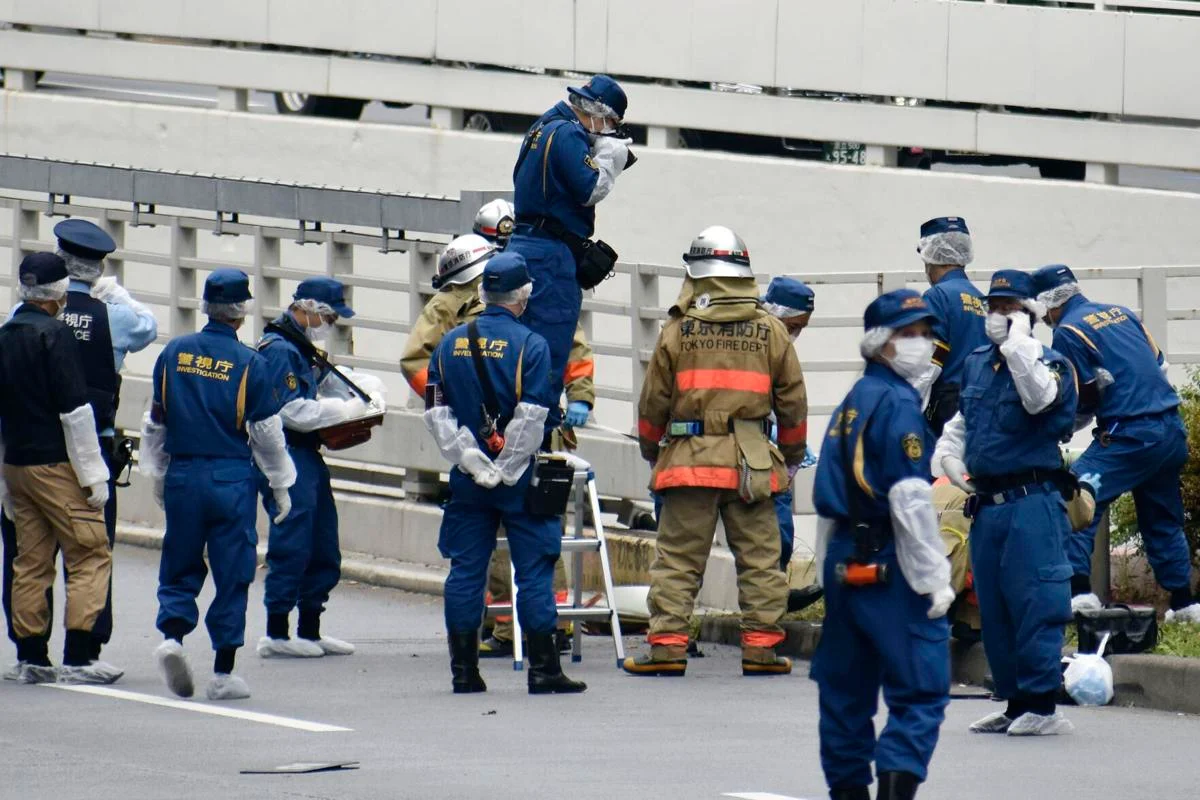- Prime Minister of Japan Fumio Kishida has ordered an investigation into the Unification Church amid a growing scandal.
- The Unification Church could lose its status as a religious corporation and subsequent tax benefits.
- Depending on the outcome of the impending investigation and a court judgment the Unification Church could lose its status.
Fumio Kishida, the prime minister of Japan, has asked for an investigation into the Unification Church as a result of a mounting controversy linking his party, the Liberal Democratic Party (LDP), to the divisive religious organization.
During a Monday parliamentary session, Kishida announced the investigation and stated that it will be conducted in accordance with the Religious Corporations Act’s “right to ask questions” clause.
As of September 30, according to Kishida, over 1,700 requests for advice regarding the church had been made via a phone hotline that had been set up earlier in the month.
He said that the government “has seriously taken into account the countless victims, the poverty, and the broken families that have not been given appropriate care.” He noted that predicting the probe’s conclusion was challenging.
Next week, a meeting of the government will be held to discuss the guidelines for the inquiry, the first to be launched under “the right to ask questions.”
The Family Federation for World Peace and Unification, the official name of the Unification Church, first gained notoriety in the late 1950s and by the 1980s, it had spread worldwide. It continues to garner attention for its mass weddings, in which a large number of newlyweds exchange vows simultaneously, with some brides and grooms meeting for the first time on their wedding day.
Since the assassination of former Japanese Prime Minister Shinzo Abe in central Japan in July, the church, which is still significant in some parts of Asia, has drawn more attention from the international community.
At the time, the suspect was said to have targeted the former prime minister because he thought Abe’s grandpa, a different former leader of the nation, had assisted the growth of a religious group he had a beef with.
However, the Unification Church stepped out in the wake of the incident, claiming that the suspect’s mother was a member and regularly attended its events. The suspect’s mother was reportedly suffering financial issues in 2002, according to a spokeswoman, who added: “We don’t know what the causes were or how they affected the family situation.”
The spokesperson claimed that the suspect was never a church member himself.
Although the former prime minister was not a registered member of the church and did not serve on its advisory board, the church claimed that it had received a message of support from Abe at an event it hosted. It also stated that it will “cooperate fully” with the authorities and expressed confusion over allegations that the suspect harbored anger toward the organization.
After an inquiry by Japan’s ruling LDP in August revealed that more than half of its MPs had ties to the church, however, public skepticism of the organization – and a backlash over its fundraising techniques – continued to rise.
Several prominent figures, like the former defense minister Nobuo Kishi, claimed to have benefited from religious supporters during prior elections.
With a promise to sever his party’s ties to the organization, Kishida has fired those officials and expressed regret for their alleged affiliation with the church.
The Unification Church could lose its classification as a religious corporation and associated tax benefits depending on the results of the ongoing investigation and a court ruling. However, the group might still function as a unit.
After an inquiry by Japan’s ruling LDP in August revealed that more than half of its MPs had ties to the church, however, public skepticism of the organization – and a backlash over its fundraising techniques – continued to rise.
Several prominent figures, like the former defense minister Nobuo Kishi, claimed to have benefited from religious supporters during prior elections.
With a promise to sever his party’s ties to the organization, Kishida has fired those officials and expressed regret for their alleged affiliation with the church.
The Unification Church could lose its standing based on the results of the forthcoming investigation and a court ruling.
[embedpost slug=”internet-honors-former-japanese-prime-minister-shinzo-abe/”]





















